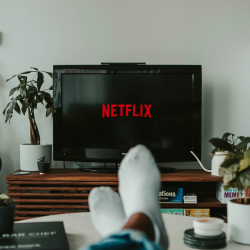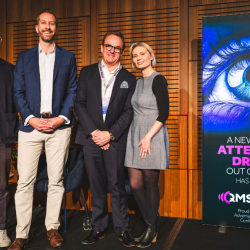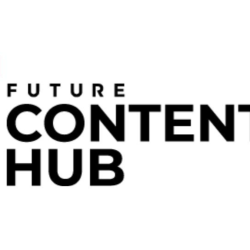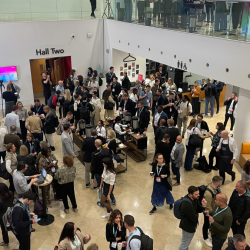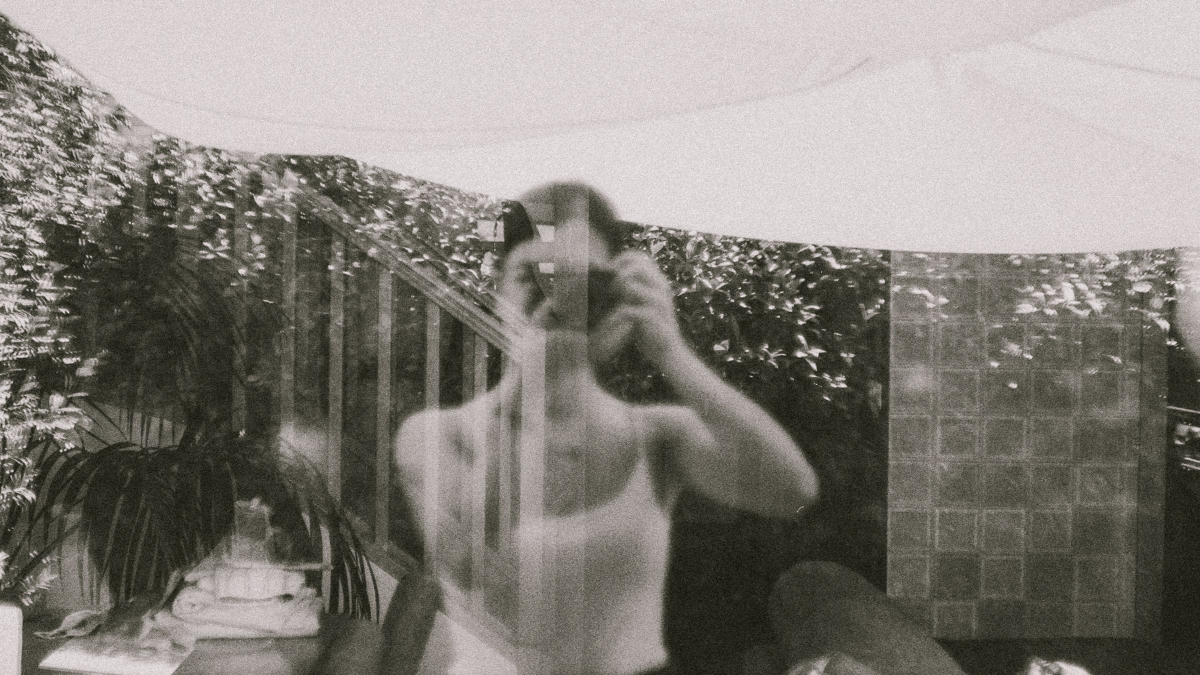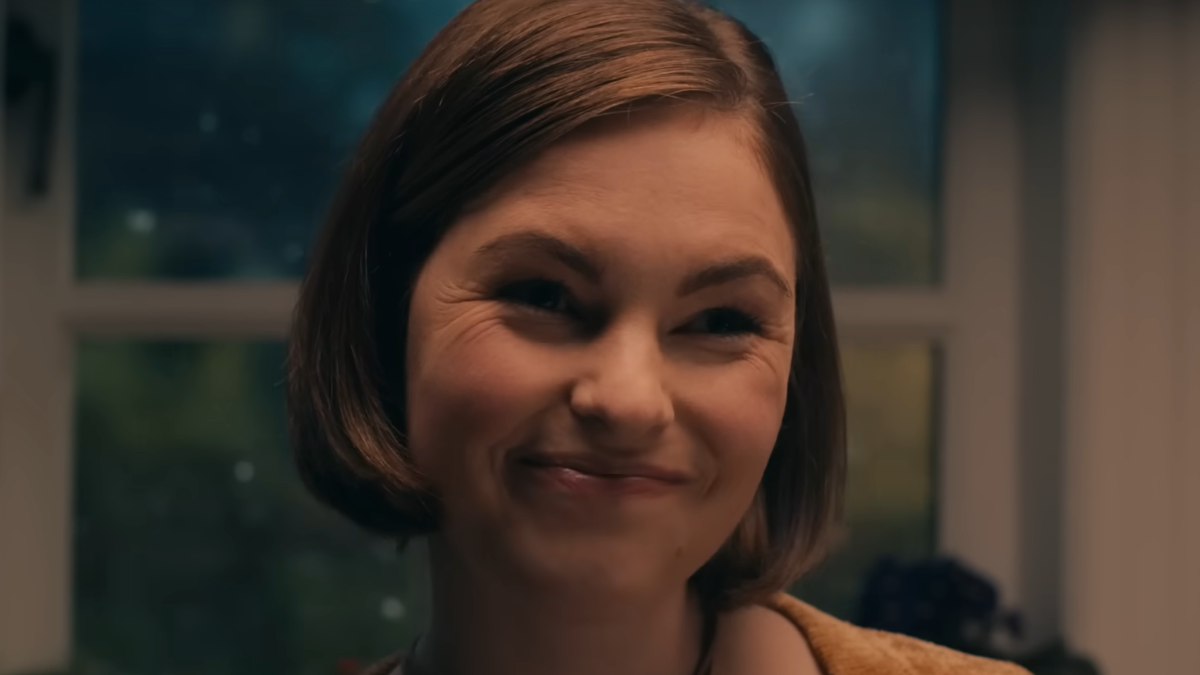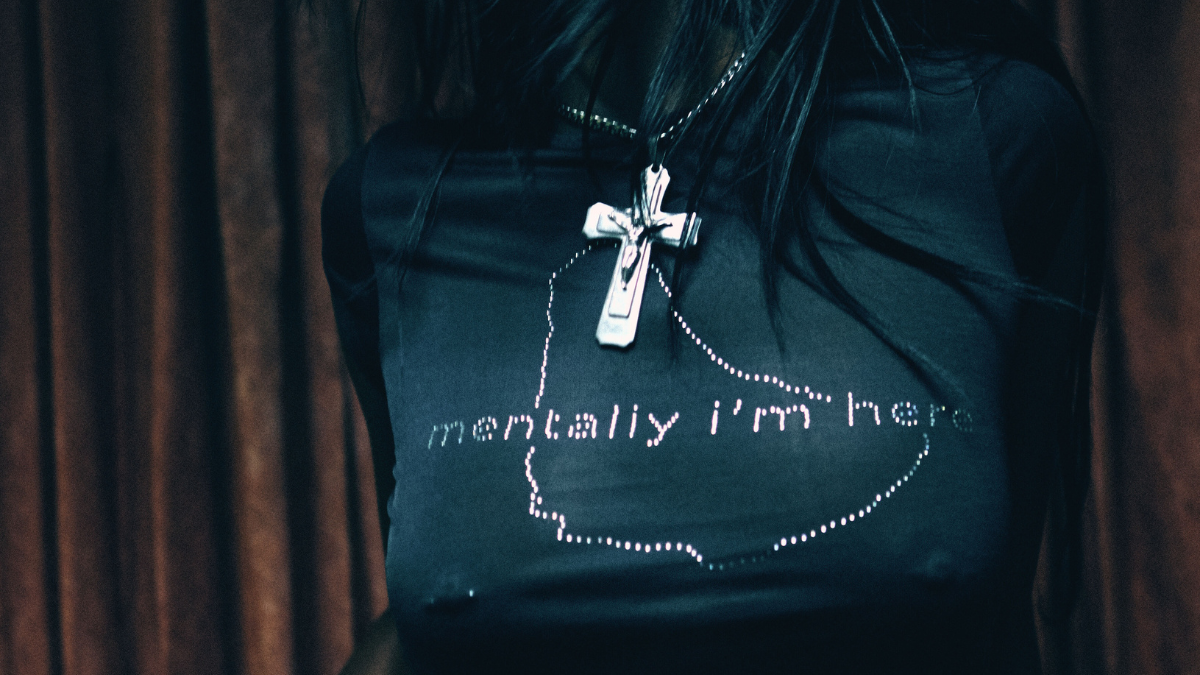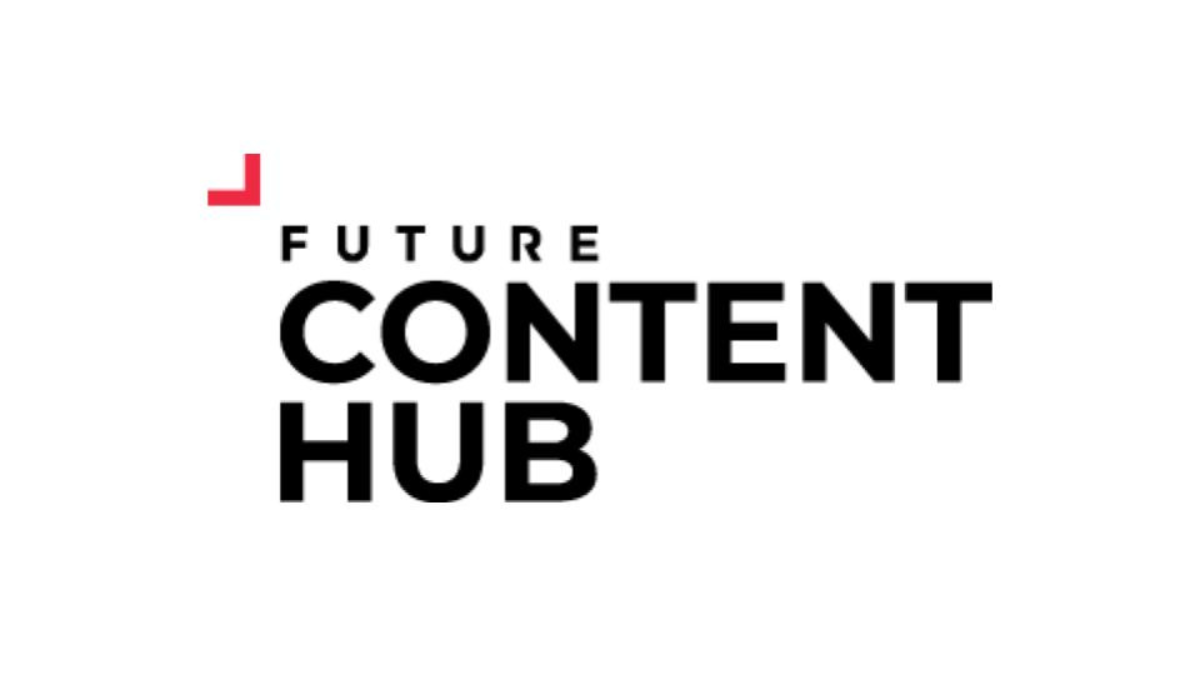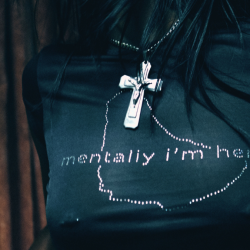The unhappy memory and legacy of Covid. War in Europe, and strategic threats and political discord in almost every part of the world.
The planet in peril from climate change. The cost of living crisis. Strife everywhere — economically, but also on gender, diversity, inclusion, and indeed age.
We don’t need social media to fan the flames, but they inevitably do. And discontent, like any negative emotion, is contagious. Being personally discontented is one thing, but much worse if you find out that lots of other people are unhappy too.
Discontent can emanate from the present (‘an historically unhappy time’), but also from the past and about the future. We can be fed up now, but also miserable about what we have lost or are missing. We can also be pessimistic about what might or might not happen next.
If you’re in a bunker, in search of lost time, or resentful about what happened in the past, that is depressing enough. So it is with discontent today and concern about tomorrow. Far worse if you learn that others share your misery.
We can also be fed up and stoic at the same time. ‘It is what it is‘, we say. Personally I find it an annoying cliché. Self serving. Tautological. Defensive.
History though is different from the present. Factual (subject to interpretation). Precise. It tells us what happened.
It is what it was.
But doesn’t mean we cannot ask supplementary questions about why things turned out the way they did. Nor does it end there. What were people thinking at the time? Could they — or others — have done things differently? What was their motivation? Are there some dark secrets (or heroic tales) still to be revealed?
History certainly isn’t bunk, as some revisionists would have it. But neither is it one-dimensional. That is what makes it fascinating.
If it is difficult to analyse the past, it can be tough to contextualise the here and now — and be objective about it. How serious is the cost of living crisis? What does it stop us doing? How bad is it going to become? Was the pandemic and lockdown a uniquely bad time? Is climate change a completely new threat? How ominous for us is the war in Ukraine?
In a world obsessed with today’s news, it can be unpopular to take a historical perspective and say things like:
‘We’ve never had it so bad, it isn’t. Just imagine how wretched life was (by our standards) for umpteen generations past.’
‘Compared to Plague and Black Death, Covid is a relatively mild health hazard.’
‘You’re worried about global warming. What do you think it was like for humans and animals when the tectonic plates shifted and vast swathes of the earth were flooded and then frozen over — and then flooded again?’
‘In the history of Europe from the fall of the Roman Empire to the rise of America (and beyond), war was an ever present and brutally destructive hazard to what passed for civilised life.’
Whose job is it to make us happier? That’s an easy one. It is our responsibility.
But first I believe we need to restore what all successful civilisations managed to achieve — a balance of respect between the generations. It should be in the nature of families to make sure that the fit and economically active care for young and old alike. To bring up children to be positive and have values. To be kind and considerate to the old as they approach the end of their lives.
Last year MediaCat covered Age and Wisdom. Already this year we have looked at Hope and Kindness.
I think it is really ambitious to seek to replace discontent with contentment.
But persuading people to be more optimistic (and realistic), as opposed to being unrelentingly pessimistic…
…that is eminently worth trying.
Ringing bells beats wringing hands any day of the week.
Featured image: Leyre / Unsplash


